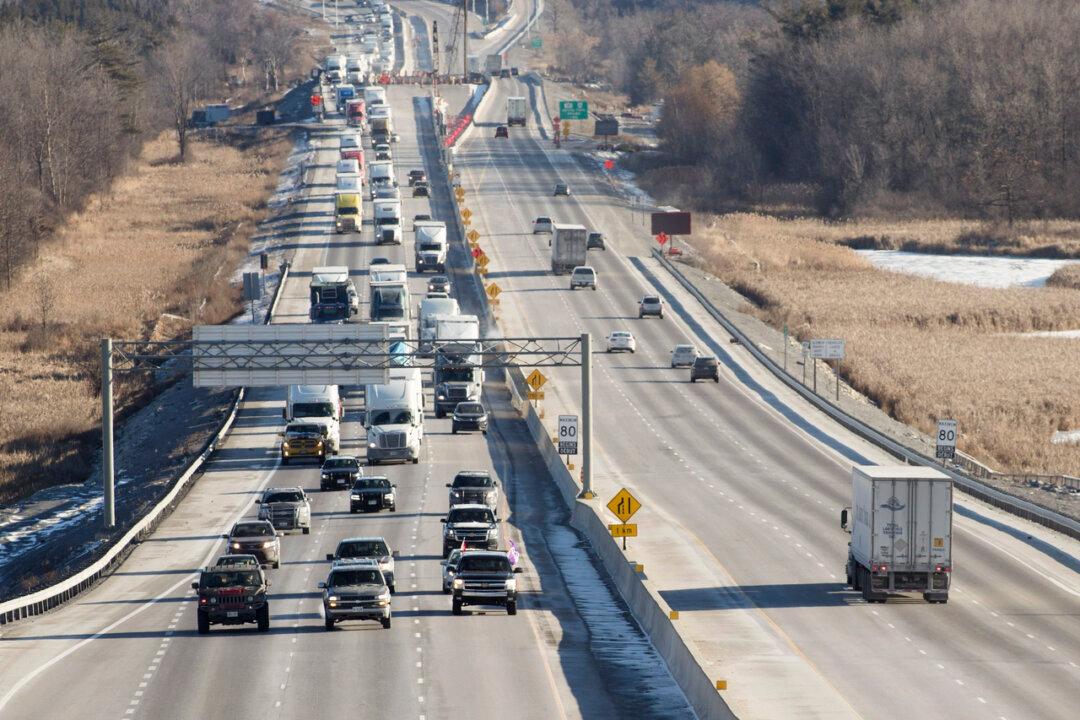Canadians are pretty confident in their driving skills, says a newly released survey.
Only 1 percent of drivers admit to having below-average driving skills, while 86 percent rate themselves as average or above-average drivers, according to the survey from Pollara Strategic Insights.





